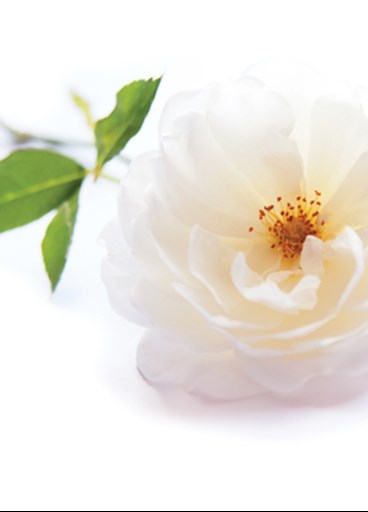Jewish Funerals
Each community has their own funeral customs and traditions, and Jewish funerals are no different. This guide will explain what typically happens at a Jewish funeral service, and how long the period of mourning lasts.
Jewish beliefs about death
Jewish tradition teaches that human beings are created in the image of God, which is why Judaism values life above almost anything else. They believe that holiness can be reached from following the laws and commandments in the Torah. Many Jewish people believe that they are judged by God once they die, with those who led perfect lives being let into the World to Come.
What happens at a Jewish funeral service?
A Jewish funeral is conducted by a Rabbi and usually takes place within one day following the date of death, though there is an allowance to delay the burial for mourners to travel and for appropriate arrangements to be made. Jewish funerals cannot take place on Shabbat (Judaism’s day of rest and the seventh day of the week), or during other Jewish holidays.
The funeral service is traditionally held in a Synagogue or funeral home and no public viewing of the body is allowed. Jewish funeral customs specify that the deceased is washed, but not embalmed, and placed in a simple wooden coffin.
The casket is closed during the service, with prayers and eulogies being read by family members or close friends. Usual Jewish funeral etiquette usually involves family members and close friends reading, saying prayers and sharing stories.
What happens at a Jewish burial?
Following the service, more prayers are read at the cemetery and family members participate in placing dirt on the coffin before it is buried. Funeral flowers are not appropriate for most Jewish funerals, however, making a donation to a charity or Jewish organisation is appreciated.
A common Jewish funeral tradition is for attendees to participate in the burial. For mourners, placing shovels of soil onto the casket provides closure and allows people to say goodbye to their loved ones for the final time. This Jewish funeral tradition also helps with the realisation that someone has passed away, and allows for grieving to properly begin.
For Orthodox Jews, cremation is not prohibited, however, cremation is becoming increasingly popular for Reform Jews. When it comes to the question of Jewish cremation or burial, the majority of Orthodox and Conservative rabbinic authorities maintain that cremation is prohibited, and Jewish burial customs are observed.
What happens after a Jewish funeral?
After a Jewish funeral service takes place, the immediate family observes seven days of mourning. This is known as, called Shiva (Hebrew for seven), although many mourners only sit Shiva for one to three days depending on the wishes of the deceased. During this period, the family remains at home in a ‘Shiva house’, following traditional mourning practices. Friends and extended family are invited to visit the Shiva house to pay their respects and support the bereaved.
Sources: Jewish Federations, Reform Judaism and Shiva.com
Arrange a Jewish funeral for your loved one
Your local Dignity Funeral Director can cater for any type of funeral and will help arrange a fitting service which reflects your loved one's beliefs and final wishes.

